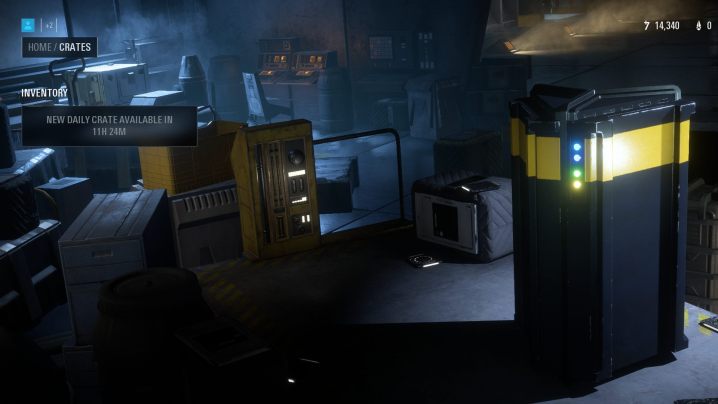
Monetization in games has spiraled out of control in the last few years, and the loot box is one of the biggest culprits. Companies have flirted with pay-to-win mechanics implemented via loot boxes and even limited them to visual flair — but for some, it’s all just gambling in the end.
Now the U.S. may follow countries like Belgium, which has made loot boxes illegal. U.S. Republican Senator Josh Hawley of Missouri said in an interview with Kotaku that a new bill he has introduced to regulate them has the game industry “concerned.”
Hawley announced the bill, called The Protecting Children from Abusive Games Act, earlier in May, and it includes a ban on loot boxes and pay-to-win microtransactions across a broad category that includes games for children under 18 and ones whose developers knowingly allow minors to engage in microtransactions. Kotaku spoke with the senator and sought out a clearer understanding of his motivations, whether this can really get traction, and more.
In the interview, Hawley pointed toward conversations he had with gamers and parents, along with concerns for his own children as the reason for this bill. Much of the language surrounding this bill focuses on children, though adults can similarly be exploited, but he believes the addiction angle and vulnerability of children will allow for bipartisan unity behind this bill.
Hawley also shared that he and his staff spoke with the Entertainment Software Association, the U.S. trade association that a majority of the gaming industry is a member of. Hawley said his senior policy Jacob Reses was “very diplomatic” when he stepped in to answer an inquiry about the nature of conversations with the ESA.
“I think it’s fair to say the industry has concerns about this,” Reses said. “We’ve been trying to be very transparent with them, but there may be some difference of opinion.”
Kotaku mentioned FIFA, published by Electronic Arts, as an example of a title that relies heavily on loot boxes. Hawley responded that FIFA “would indeed be covered by this legislation.” He went on to say “they” have “certainly expressed their, shall we say, concern over this legislation” but it isn’t clear if the “they” in this response is EA specifically or the ESA. Safe to assume he’s been speaking with the ESA as opposed to individual studios and publishers, though.
Responding to the reporter’s skepticism that the bill will gain any traction, Hawley hopes this at least raises awareness and starts a needed conversation. “Certainly the reception we have gotten from parents, from gamers has been absolutely tremendous,” he said. “And we intend to push forward. I think this is something that people should be aware of, I think it’s an issue that more and more people are going to care about as they learn about it, and it’ll be the start of a broader conversation.”



